Insurance for holiday lets
How to holiday letSo, you’ve found the perfect holiday home. It’s just the right size, it’s situated in your favourite spot, and you’ve filled it with all the comforts of home. The final step? Protecting what you’ve worked so hard for.
As with any investment, be it your car, home, or holiday, insurance is a key component to ensuring you are covered, whatever the future holds. With holiday homes, standard home insurance doesn’t quite meet the demands required for short-term renting, which is where holiday letting insurance comes in.
From building and contents insurance to loss of income, there are many factors to consider when choosing the right insurance for you and your property. Below, we’ve outlined some key FAQs to help you navigate these waters with ease.
What is buildings and contents insurance and why do I need it?
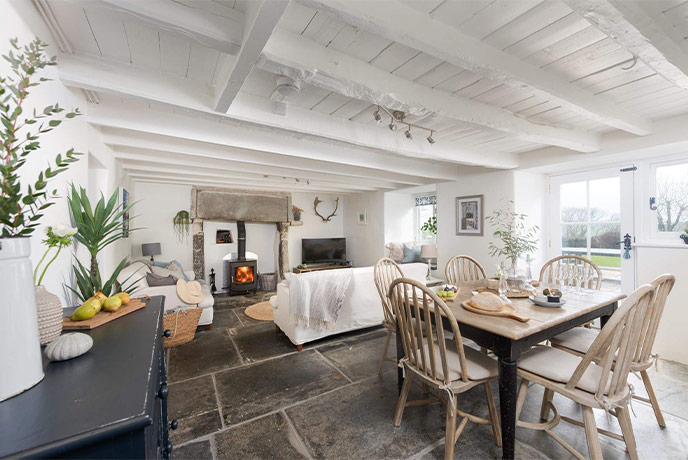
Anyone with a property, be it residential or commercial, requires buildings and contents insurance to be protected against any unfortunate eventualities, such as damage or loss. This is particularly true for those who own holiday lets as it protects both your property (the physical structure) and its contents (items and furnishings inside).
There are many things to consider when choosing a buildings and contents insurance, from the type of property to its intended usage. You will need to inform your chosen provider of such factors, including the size, location, and holiday let status so that they can offer you the right policy for your needs.
The policy itself will cover a range of possibilities, many of which we will discuss in more detail below, from buildings insurance, which covers damage from events such as fire, flood, and vandalism, to contents insurance, which covers items within your property such as furniture and appliances.
The policy will also include aspects such as liability coverage (protection against injury on your property), loss of rental income (if damage or theft renders your property uninhabitable), cancellation coverage (including unforeseen circumstances that either cause a cancellation or a disruption to a guest’s stay), and vacant periods (this is paramount for holiday lets, which will, by very nature, have gaps between guests).
As properties and situations vary, so do policies, which is why it can be very helpful to speak to an insurance broker to find the right policy for you and your property. Not only can they help tailor the policy to your specific needs and requirements, but they can also be on hand to help you through any future changes or claims.
Do I need a rebuild valuation?
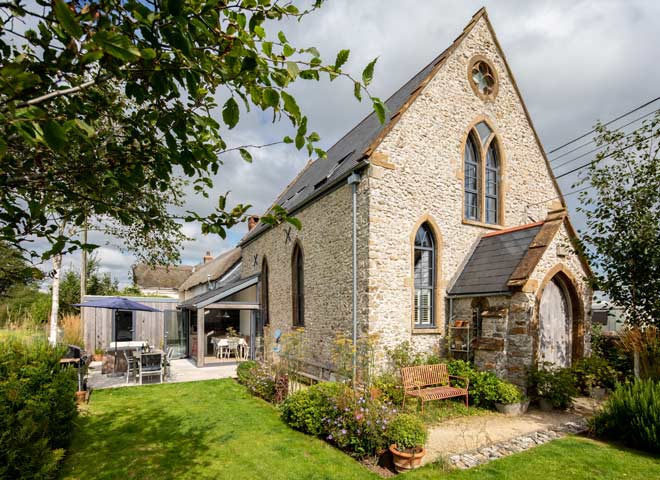
In the event of significant damage to, or total loss of, your property, a rebuild valuation is what ensures you are compensated appropriately. The sum will cover everything from the cost of materials and labour to any associated expenses, so they need to be as accurate as possible.
To achieve the most accurate sum, going through a professional surveyor or appraiser is key, as they specialise in estimating construction costs and will be able to determine what the rebuild valuation should be.
During the valuation, they will consider things like:
- Property characteristics such as architectural features, size, and construction materials currently used.
- Construction costs such as materials and local construction labour rates; local building codes and regulations that might impact requirements and costs.
- Site-specific considerations such as accessibility, soil conditions, and environmental regulations.
- Additional expenses such as demolition, permits, and debris removal.
Getting your rebuild valuation right helps to avoid things like under insurance, which is why it’s also important to get periodic revaluations to keep things up to date.
What is under insurance?
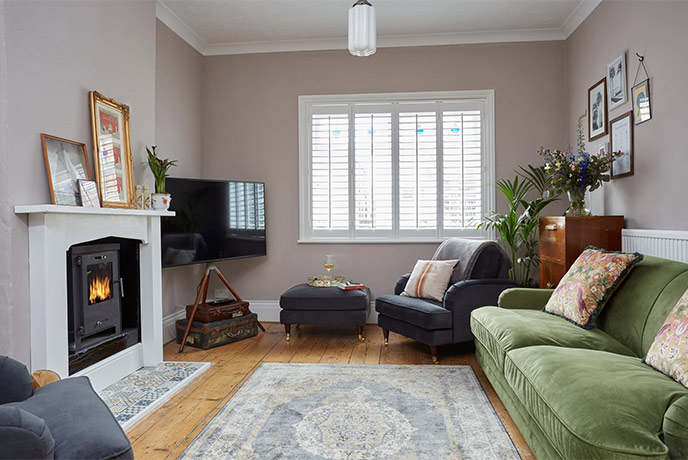
Sum insured is the maximum amount of compensation you can get from your insurance policy should you need to make a claim after damage or loss. Under insurance happens when the sum insured is lower than the accumulative value of the property, an occurrence that can mean insufficient coverage when making a claim and can lead to a reduced claim settlement (where you only receive a portion of your claim). For example, if you have a £400,000 property but only value it as £200,000 any claim you make might be at risk of only getting 50% in return from some insurers (ie you would only receive £25,000 from a £50,000 claim).
Under insurance can lead to insufficient funds when trying to replace and rebuild, leaving you out of pocket and enduring unnecessary strain. It can also lead to policy exclusions if the property is significantly under insured. It’s therefore of paramount importance that you collate accurate valuations when obtaining your insurance policy.
What is insurance coverage for malicious damage and/or theft?
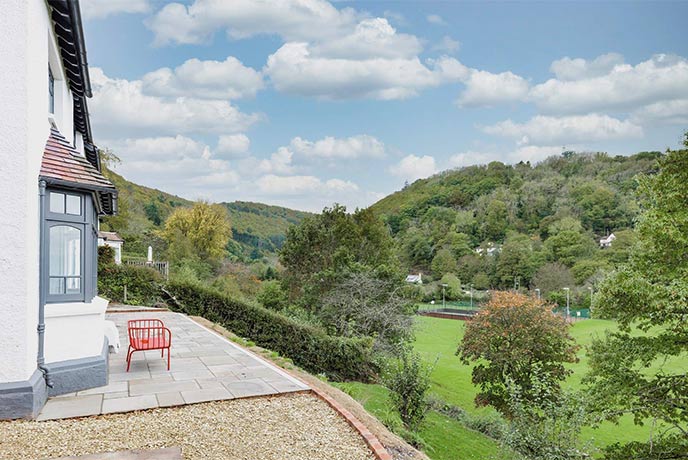
With a rebuild valuation in place, it’s important to consider the types of damage and/or theft that can occur, as there are certain steps you can take to not only minimise the risk but ensure you are adequately covered should the need arise. One such instance is the unfortunate act of malicious damage and/or theft.
Covering theft and burglary, intentional acts of vandalism, and intentional destruction of property, this is a vital part of any holiday home insurance. When choosing an insurance policy, it’s important to ensure this is included, with sufficient coverage to cover any potential damages to the property and its contents. Making note of any excesses or deductibles will allow you to plan for any financial impacts of possible damages or thefts.
If an instance of theft or damage results in your property being uninhabitable for a period, you may be eligible for compensation for your loss of income. It’s therefore important to understand if and how your policy covers loss of income (more information below).
Should malicious damage or theft happen, you will need to report it to both your insurance provider and the police, following any reporting guidelines and building a thorough collection of evidence (photos, videos, written descriptions) as you go as delays and gaps in reporting can affect the process and outcome of your claim. Liaising with a legal professional will help you navigate such claims with a clear understanding of your rights and obligations.
Preventative measures such as property security can deter any malicious acts. Alarms, and secure locks – as well as clear signs warning of security systems – can help prevent malicious damage and theft and keep your property safe. Regular inspections are another great way of detecting potential issues early on, giving you time to address such possibilities to avoid damages going unnoticed. Similarly, liaising with an insurance broker will ensure you get the appropriate preventative measures for your holiday home, as variables such as location and property type can both affect your policy and subsequent coverage.
What is accidental damage?
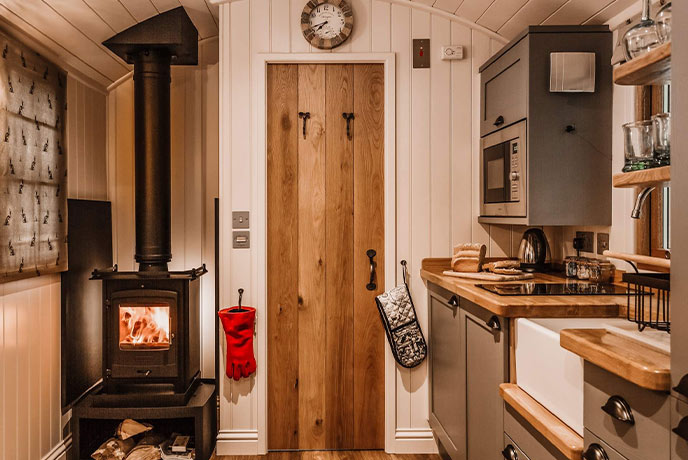
While malicious damage is caused with intent, accidental damage consists of unforeseen events that result in damage to items or your property, such as spills on soft furnishings and accidental damage to electronics.
These sorts of accidents can occur at any time so it’s important to ensure you are covered by your insurance policies. Check that any current, or possible, insurance includes accidental damage coverage and that the terms and conditions suit your needs. It’s important to understand exactly what is covered and how the claims process works.
Some insurance providers offer specific policies for holiday lets, which include damage to the property and any fixtures, as well as contents and liability protection for guests.
How will installing an EV charging point affect my insurance?
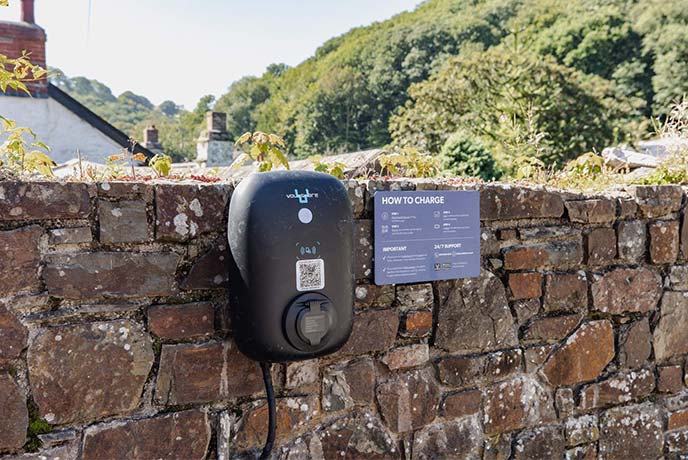
With an increasing number of holidaymakers travelling with electric vehicles and/or bikes, installing an electric car charging point is a great way to appeal to a wider audience. However, as this can sometimes be considered a modification to your property, it’s always worth reviewing your policy or consulting your insurance provider to give you an idea of how such a change could impact your coverage.
Due to the electrical nature of charging points, there is the potential risk of faults and fires, which can lead to damage to property. Following advised fire regulations and charging safe practices can help minimise these risks while ensuring your insurance policy covers such events. It’s also worth checking if your insurance covers you for liability in case of accidents or injuries via the charging installation.
Whichever type of charging point you are planning on installing, contacting your insurance provider is the best way to ensure you are covered appropriately, and protected against any accidents or damages.
Do I need liability insurance?

Yes. When dealing with members of the public, it is essential to include liability insurance in your policy as this protects you and your property against any accidents. This protection can come in the form of damage protection (covering damage to your property) and guest injury, which can cover medical expenses, compensation claims, and legal fees.
When choosing or renewing your insurance, make sure to pay close attention to the liability insurance cover and the terms and conditions that come with it.
Will unoccupancy affect my insurance?
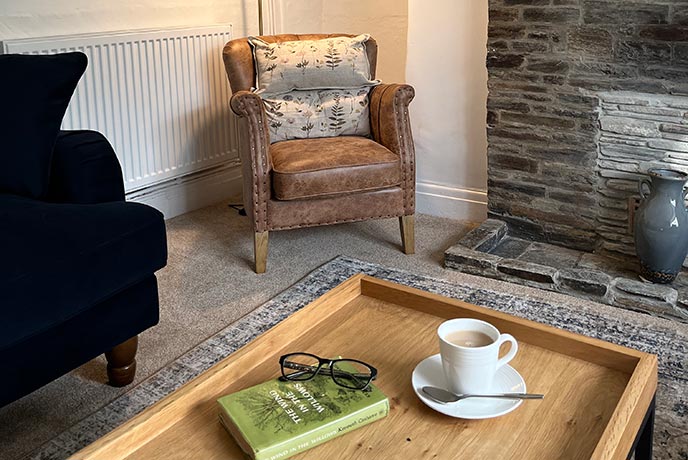
Referring to a period in which a property sits vacant, unoccupancy can affect your insurance, ranging from exclusions in cover (such as theft or vandalism) to a total withdrawal of coverage, so it’s important to be aware of your policy’s terms and conditions.
Most unoccupancy clauses detail a specified number of days in which a property is left empty, such as 30 or 60 days. During this time, you might need to perform regular property inspections and maintenance checks to maintain your coverage. Notifying your insurance provider will not only give them the option to extend coverage for vacant periods, but it also gives them a chance to advise you on any actions necessary on your part. If you foresee frequent periods of unoccupancy, a specialist insurance option will ensure you have the right cover for your specific needs.
What happens if I lose income?
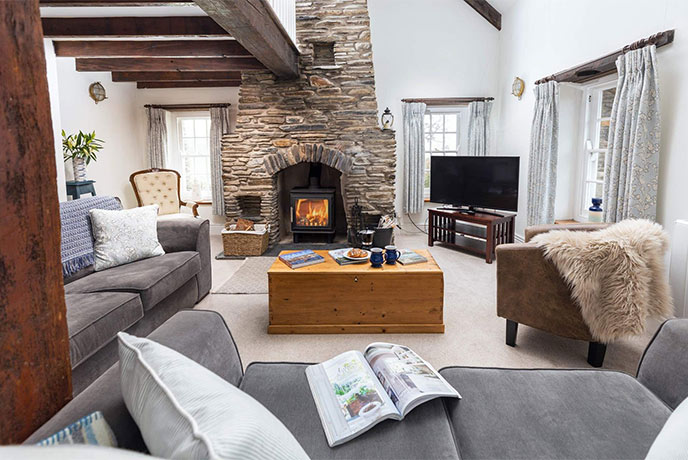
Loss of income occurs when a property is uninhabitable or remains vacant for longer than reasonably expected, whether through damage or unforeseen circumstances such as natural disasters, economic factors, or maintenance and repairs. Ensuring your policy covers loss of income from various causes helps mitigate any financial losses in such events.
It is therefore paramount that you pay close attention to what your insurance policy states regarding loss of income, especially the terms and conditions.
If you’re looking to obtain or renew a policy, insurance brokers Kingsbridge Sterling offer bespoke holiday let insurance and advice, including coverage and provider options, claims assistance, and risk management. For more information, you can contact them via email at office@kingsbridgesterling.com or by calling them at 01752 922651.

